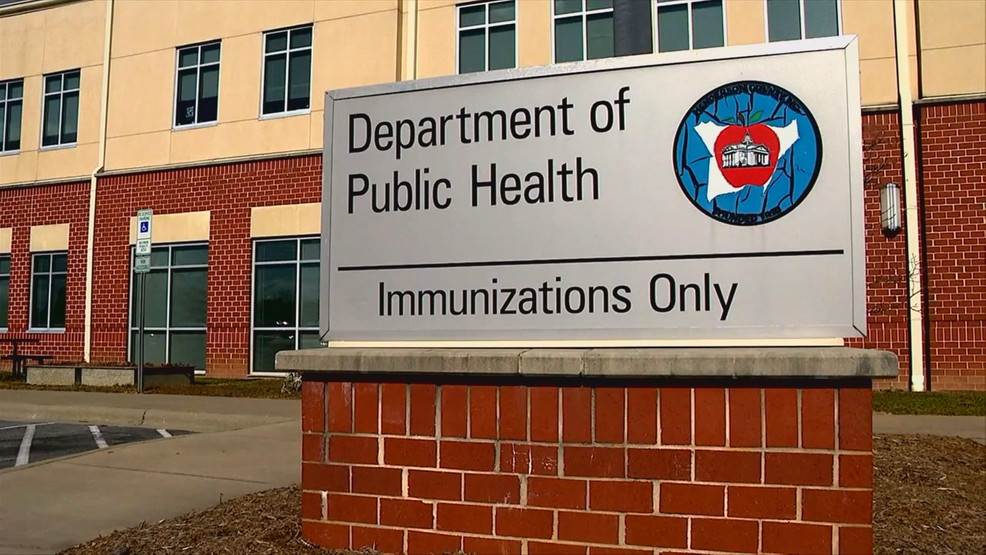County officials in Henderson County are warning residents of an increase in bat sightings indoors.
According to Andrew Mundhenk, the spokesperson for the Henderson County Department of Public Health, the county is seeing an increase in calls from residents in the Hendersonville area.
Numerous bat encounters are now prompting officials to highlight safety reminders when it comes to the potential risks of bat exposure, no matter what county you live in.
NC WILDLIFE OFFICIALS URGE BEAR SAFETY AFTER MAN WAS INJURED DURING AN ENCOUNTER
“Exposure reports we’ve received were from summer camps,” Mundhenk said. “During the summer camp season, when a camper would wake up and find a bat flying around in their cabin.”
Bats are a rabies vector species and are primarily nocturnal, but can be seen foraging for food around dawn and dusk.
Mundhenk tells News 13, human-bat encounters are on the rise.
“It’s very important that the community is aware that bats can carry rabies,” Mundhenk added. “In Henderson County, we have received 21 bats exposure reports, 16 of those bats were able to be tested, and 2 of them were tested positive rabies.”
Mundhenk says to never touch a bat with bare hands, and if a bat is found in a room, keep a safe distance without contact and contact the proper authorities.
“To prevent having bats go inside the attic or other space, make sure you seal cracks and the chimney, and windows,” Mundhenk said.
BEARWISE BASICS: HOW TO COEXIST WITH THE GROWING BLACK BEAR POPULATION IN WNC
Mundhenk advises that if your pet has been exposed to a bat or any other possible animal that could have rabies, and you were bitten, you should seek medical attention immediately.
“The number one thing is that you seek medical attention or your health care provider so you can get that post-exposure prophylaxis started, and after that, you would contact animal control to see if they would be able to capture that bat or the animal,” Mundhenk said.
Tips:
- Avoid Contact: Do not touch or try to capture a bat found indoors.
- If you cannot safely remove the bat or if there has been contact, contact your local health unit or a wildlife control professional.
- Report Dead Bats: Report any dead bats found on your property to the health unit, as they can be tested for rabies.
Per the North Carolina Wildlife Commission, you cannot evict bats between May 1 and July 31 during their annual pup-rearing season.
